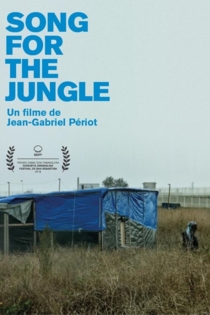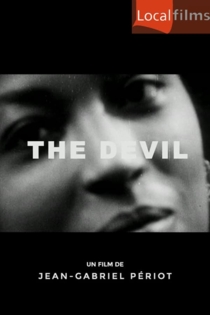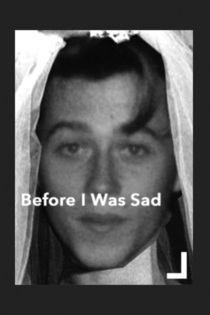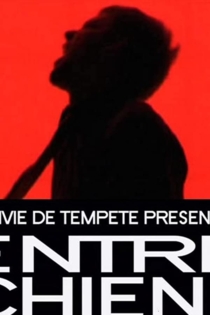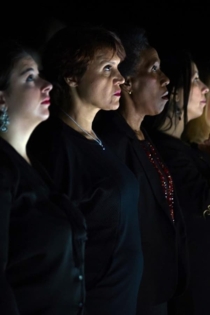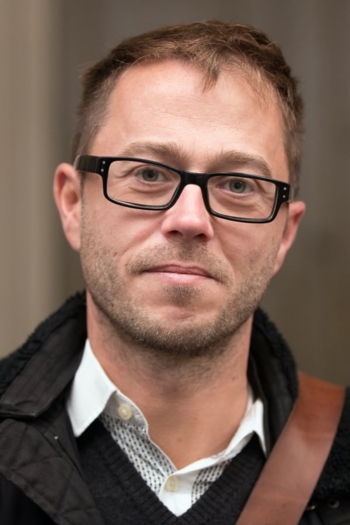
Jean-Gabriel Périot
1974 (51 год)His passion for archives, visual or sound, and history comes during a work done at the Center Georges Pompidou at the end of his studies. He discovered the possibilities offered by archival images, a rich material that makes it possible to elaborate new visual narratives1.
However, before beginning in cinema, he teaches and proposes installations in the field of contemporary art.
Eût-elle été criminelle...
Jean-Gabriel Périot
French archive images of the Second World War pass in a dizzying tempo. The pace slows when we see images of the liberation. We see happy, liberated citizens, but slowly a cruel scene becomes visible. Women who are alleged to have had a relationship with the Germans are publicly insulted, shaved and beaten.
Even If She Had Been a Criminal...
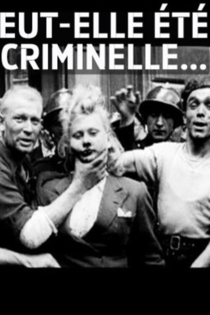
Dies Irae
Jean-Gabriel Périot
A beautiful, elegiac cycle expressing the boundless hope and infinite nostalgia of the voyage, consisting entirely of still images and painstakingly assembled into a emotionally moving pictorial essay. Periot: 'Remember that I am the cause of your journey. Don't lose me along the way.'
Dies Irae
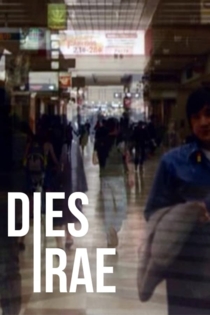
Retour à Reims (fragments)
Jean-Gabriel Périot
Adèle Haenel
Through the text of Didier Eribon interpreted by Adèle Haenel, Retour à Reims [Fragments] tells in archives an intimate and political story of the French working class from the beginning of the 1950s to today.
Returning to Reims (Fragments)
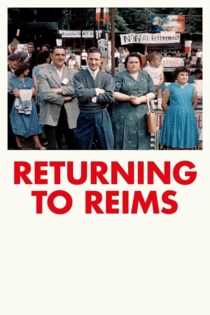
200000 FANTÔMES
Jean-Gabriel Périot
In 1914, the Czech architect Jan Letzel designed in the Japanese city of Hiroshima Center for the World Expo, which has turned into ruins after the atomic bombing in August 1945. “Atomic Dome” – all that remains of the destroyed palace of the exhibition – has become part of the Hiroshima memorial. In 2007, French sculptor, painter and film director Jean-Gabriel Périot assembled this cinematic collage from hundreds of multi-format, color and black and white photographs of different years’ of “Genbaku Dome”.
200000 Phantoms
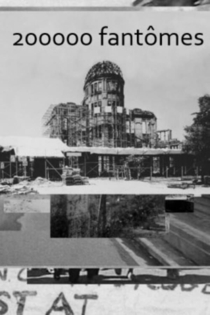
Une jeunesse allemande
Jean-Gabriel Périot
Harun Farocki, Philip W. Sauber
At the end of the 1960s the post-war generation began to revolt against their parents. This was a generation disillusioned by anti-communist capitalism and a state apparatus in which they believed they saw fascist tendencies. This generation included journalist Ulrike Meinhof, lawyer Horst Mahler, filmmaker Holger Meins as well as students Gudrun Ensslin and Andreas Baader.
A German Youth
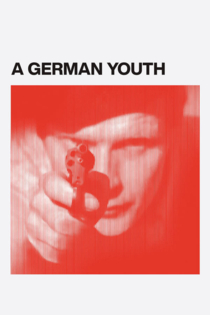
Lumières d'été – なつのひかり
Jean-Gabriel Périot
Hiroto Ogi, Akane Tatsukawa
Akihiro, a native japanese filmmaker living in Paris, came to Japan to interview survivors for a documentary celebrating the 70th anniversary of the atomic bombing of Hiroshima. Deeply moved by the interviews, he decided to take a break and wanders through the city during which he meets Michiko, a merry and enigmatic young woman. Michiko takes him for a joyful and improvised journey from the city towards the sea where the horrors of the past are mingled to the simplicity of the present.
Summer Lights
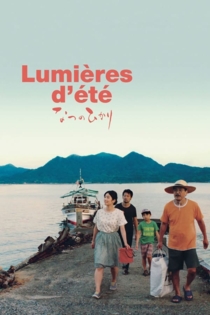
Nos jours, absolument, doivent être illuminés
Jean-Gabriel Périot
A documentary experiment of great emotional power, about freedom and the strength of human affective bonds. We witness a concert given by the inmates of a prison in Orléans. Yet, they remain unseen, beyond the prison walls, all along the film, while the camera looks at those who listen to the music outside, in front of the prison. Silent emotions, the rapt faces of the listeners, humming along the prisoners, and their unrevealed personal histories, form a human gallery of potential stories, born out of the viewer's imagination.
Our Days, Absolutely, Have to Be Enlightened
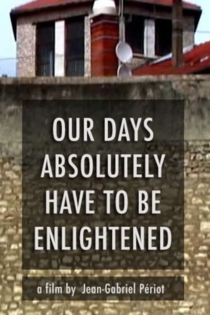
Nos défaites
Jean-Gabriel Périot
By going back into the cinema of the 1968 era and going forward with present-day interviews of young people who replay excerpts of films jumping out from the past, Our Defeats draw the portrait of our current relations with politics. Our Defeats, or do we keep enough forces to confront ourselves with the chaos of today?
Our Defeats
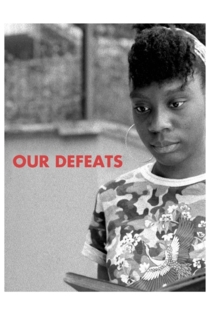
Song for the Jungle
Jean-Gabriel Périot
Calais, a few weeks before its clearing.The 'Jungle' is a place where thousands of migrants live and wait to go to England, or just that somebody takes care of them. And they wander in this deserted place, maybe to survive to our indifference.
Song for the Jungle
